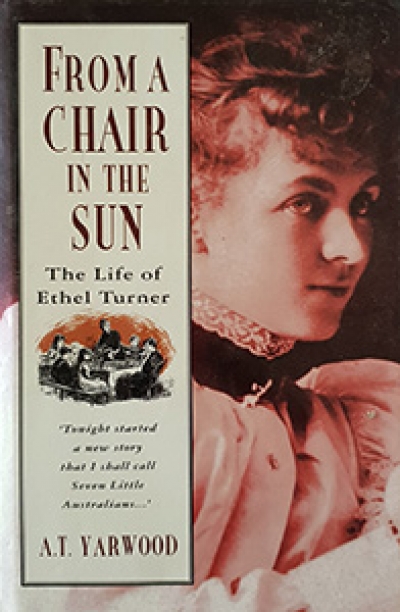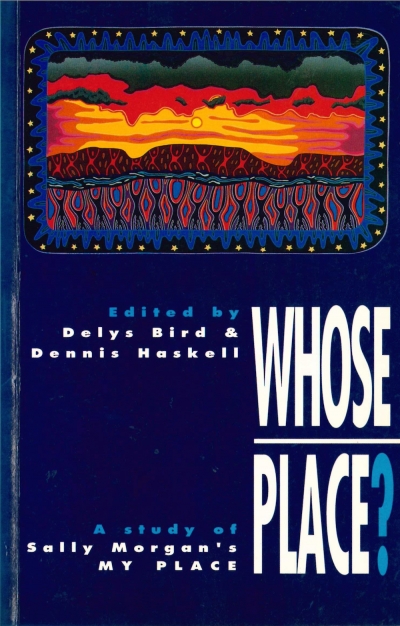Australian Literary Studies
Bruce Beaver died peacefully in his sleep on February 17, a few days after his seventy-sixth birthday. He had been under dialysis for a dozen years, so the news was not unexpected. But it is always a shock and a sadness when a commanding poet dies.
Bruce Beaver (born in 1928) published his first collection of poems, Under the Bridge, in 1961, a time when Australian poetry was paddling through something of a lull. The generation of poets who had come to maturity during World War II (Judith Wright, Rosemary Dobson, Douglas Stewart, John Blight, David Campbell et al.) had by the end of the 1950s become, in a sense, predictable. The newer generation was spearheaded by Chris Wallace-Crabbe’s remarkable and zesty first collection, The Music of Division (1959): urbane, a bit Audenesque and very Melbourne. Beaver immediately announced himself as a regional poet – Manly, indeed – and he sustained that capacity to give Manly a soiled, solid, sordid and singing quality, with the whiff of ozone and salt, and an old resilience that would not be smothered by the superficial changes of the subsequent decades.
... (read more)State of mind: it’s a simple phrase but it is one which has always interested me. ‘State of mind’ is about what? Sets of feelings? Predispositions and moods? Or perhaps more it’s a term to do with the groove which thoughts regularly follow along. A state of mind is one which makes you respond in a particular way: you tend to act in a particular way; you have recurrent feelings.
The phrase interests me because it defines a feeling so intimate – so normal and everyday. Indeed, it is so intimate that it becomes difficult to say what a state of mind is. What are its boundaries? Where does it stop? Is this mind-set just mine or is it something to do with events out there, the latest news about the economy, the extravagant telephone bill which has just arrived, the relaxed feeling of walking along a beach, a recent argument, an enjoyable dinner party? For however influential and pervasive states of mind are, they are also fluctuating, amorphous things.
... (read more)Geoff Dutton was a man-of-letters who for many years made (with Max Harris) Adelaide seem one of the lively centres of Australian literary culture. One thinks of him in association with the magazines Angry Penguins, Australian Letters, and the original Australian Book Review, not to mention the inauguration of an Australian publication list for Penguin Books, and then, when that soured, the setting up of Sun Books, one of the most innovative of Australian publishing ventures at that time – which was in the difficult slough period of the 1950s and 1960s and into the 1970s.
... (read more)From a Chair in the Sun: The life of Ethel Turner by A.T. Yarwood
Without the support of a recognisably unified literary tradition, the Australian poet has had to come to terms with the diverse elements of an increasingly heterogeneous culture. Australia is, was, and ever shall be, someone else’s country, a homeland so fundamentally altered as a concept as to be no longer comfortably recognisable as ‘Home’. Paradoxically, if anything has drawn Australian poets together, it has been a strong attachment to the physical environment, the strange and often harsh beauty of an ancient land but one no longer a comfortingly European possession. As far as forms, genres, literary concepts are concerned, writers have had to draw on their own particular sense of a cultural past that has been, for the most part, European in origin. With the passing of time, a growing disharmony has arisen between the natural rhythms of the land and its hapless European inheritors. This alienation has announced itself often enough in poems of nostalgia, loss, and lovelessness.
... (read more)I am enmeshed in criticism. Criticism defines and speaks me. I criticise, therefore I have a job. But criticism is a tricky business. It’s partial, changes from one time/place/person to another (as Jennifer Gribble acknowledges).
I’m not an expert on Janet Frame or Christina Stead (although I’ve included books by each on courses in the past) and my awareness of Peter Goldsworthy’s oeuvre is better but patchy. Like most university lecturers (I suppose), I read more reviews than actual books, although my preference is for the reverse. But with the vision of ABR’s editor as the bejewelled ringmistress conjured up in Gina Mercer’s book, I don my cap and bells, cry ‘Nuncle!’, and off I go into the hurricane.
... (read more)Despite the protestations of my close friends I choose to regard myself as a normal person. Only at certain times of the year do I realise how tenuous are my links with the mundane world.
One of these troublesome occasions is when I prepare my income tax form.
... (read more)



